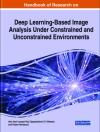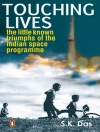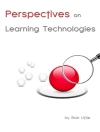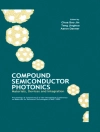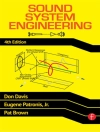Engineering Ethics: Challenges and Opportunities aims to set a new agenda for the engineering profession by developing a key challenge: can the great technical innovation of engineering be matched by a corresponding innovation in the acceptance and expression of ethical responsibility? Central features of this stimulating text include:
· An analysis of engineering as a technical and ethical practice providing great opportunities for promoting the wellbeing and agency of individuals and communities.
· Elucidation of the ethical opportunities of engineering in three key areas:
Engineering for Peace, emphasising practical amelioration of the root causes of conflict rather than military solutions.
Engineering for Health, focusing on close collaboration with healthcare professionals for both the promotion and restoration of health.
Engineering for Development, providing effective solutions for the reduction of extreme poverty.
· Innovative strategies for implementing these ethical opportunities are described:
Emphasis on the personal responsibility of every engineer and on the benefits of supporting social structures.
Use of language and concepts that are appealing to business managers and political decision makers.
· Future prospects for increasing the acceptance and expression of ethical responsibility by engineers are envisaged.
· Engineering Ethics: Challenges and Opportunities provides engineers, decision makers and the wider public with new understanding of the potential of engineering for the promotion of human flourishing.
Содержание
Introduction.- A Philosophical Analysis of the Nature of Engineering.- Engineering for Peace.- Engineering for Health.- Engineering for Development.- Personal Responsibility and Supporting Social Structures.- Convincing Others – Engineering for Human Rights and Engineering Power.- Future Perspectives.
Об авторе
Professor W. Richard Bowen, FREng is a Fellow of the UK Royal Academy of Engineering. He holds chairs in engineering at University of Wales Swansea and the University of Surrey and has carried out consultancy on an international basis through i-Newton Wales. His contributions to the development of membrane separation processes and atomic force microscopy are widely regarded as world leading. Professor Bowen is a member of the Academy’s Engineering Ethics Working Group, the UK Academies’ Human Rights Committee and the Advisory Board of the Centre for Emerging Technologies and Bioethics at St Mary’s University College London. He has also lectured on engineering ethics at universities and international conferences in the UK, mainland Europe, the Middle East and China. His book Engineering Ethics: Outline of an Aspirational Approach (London: Springer-Verlag, 2009) received many positive reviews.


